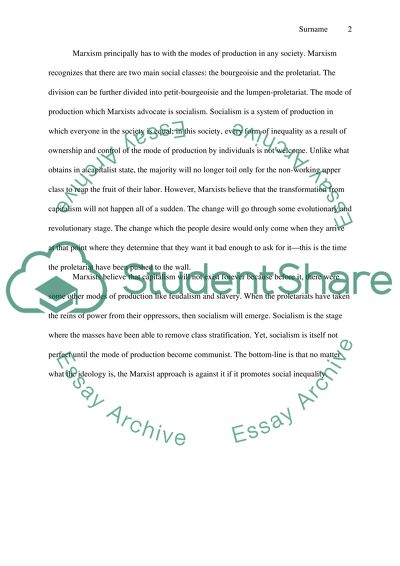Cite this document
(“Discuss ideologies using a marxist approach Essay”, n.d.)
Retrieved from https://studentshare.org/environmental-studies/1420624-discuss-ideologies-using-a-marxist-approach
Retrieved from https://studentshare.org/environmental-studies/1420624-discuss-ideologies-using-a-marxist-approach
(Discuss Ideologies Using a Marxist Approach Essay)
https://studentshare.org/environmental-studies/1420624-discuss-ideologies-using-a-marxist-approach.
https://studentshare.org/environmental-studies/1420624-discuss-ideologies-using-a-marxist-approach.
“Discuss Ideologies Using a Marxist Approach Essay”, n.d. https://studentshare.org/environmental-studies/1420624-discuss-ideologies-using-a-marxist-approach.


